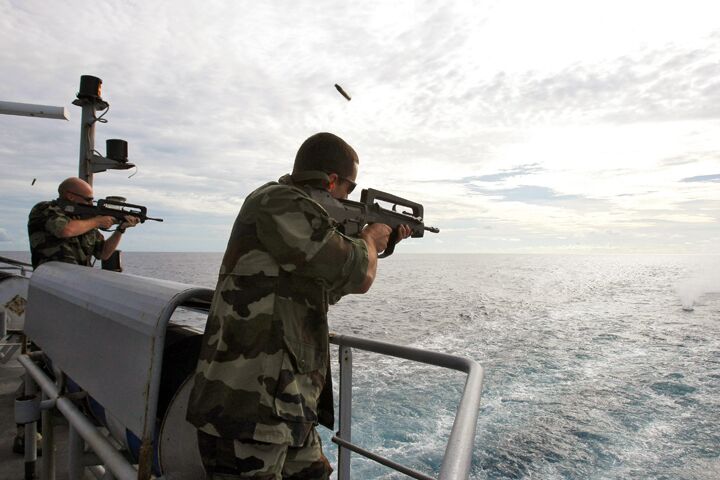
EU Plans to Step Up Policing of Indian Ocean
The European Union is expanding its anti-piracy mission in the western Indian Ocean. The EU anti-piracy force’s operation commander announced July 23 that the force would be shifting surveillance aircraft to the Kenyan port city of Mombasa (Stratfor, July 23).
Kenyan government officials have welcomed the move, since Somali pirates have shifted their area of operations several hundred miles south, targeting several carriers using Mombasa’s port. Mombasa is a vital economic hub for Kenya and the port city through which neighboring landlocked African nations receive much of their international aid.
The pirates moved their operations after naval task forces from around the world stationed themselves in the Gulf of Aden and off the Horn of Africa to protect these heavily used shipping lanes. To increase their chances of avoiding the naval forces, the pirates have moved their operations to the area off the coast of Kenya and even out in more open waters near the Seychelles.
The EU has responded by moving its surveillance aircraft squadron, consisting of a plane each from Germany, France and Spain, south from the Gulf of Aden to Kenya. This move will increase the monitored area by several hundred square miles and is needed since it is much harder for naval task forces to monitor the open waters of the Indian Ocean off the Somali coast than the geographically enclosed Gulf of Aden.
Though the small task force will only have a limited effect, it is part of an important gain in international standing for the EU military. It is a continuation of the first-ever naval anti-piracy mission for the EU, which has a unified EU military identity separate from nato. Germany especially welcomed the opportunity to give its navy experience in a robust mission and reform its image into a benign military power.
No longer a latecomer, the EU military is taking a leading role in the international anti-piracy effort. Its move is an important step in securing the shipping lanes down the eastern coast of Africa, which will also give the EU more credibility in international trade with the resource-rich region.
The EU, led by Germany, which has the most bilateral African investment treaties of any nation in Europe, is keen on using African energy resources to decrease its dependency on Russia. The EU has aggressively pursued security and corporate partnerships with Africa, and currently Europe is Africa’s greatest source of aid. Now it is securing another foothold in an important business hub in eastern Africa. For more on the German-led EU’s involvement and strategy in Africa, read our article, “Germany’s Plan to Control Africa.”
